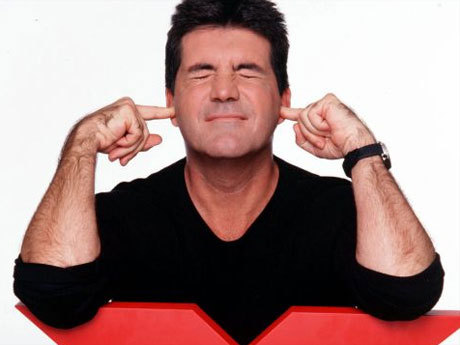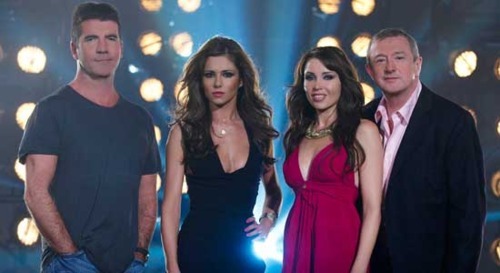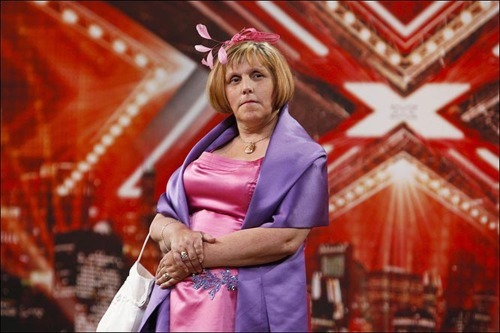
It’s Saturday night. And something strange is taking place over the waves of Facebook. Every other pop up on my news feed is screaming the X Factor message, ramming down my throat until I wonder if this how we are going to live out the rest of our days – in Simon Cowell’s shadow for eternity, in between counting down every single day till Christmas. This is the first year I haven’t been watching it religiously, this was not initially I may add, down to moral objections but simply because I have been out of the country and I do not need it to contribute to the rainy Monday morning small talk about what happened over the weekend. So what is exactly is it about the X Factor drug that has us, as a nation absolutely hooked on what it injects us with? And what does it say about us as a nation?
The formula is a clever one: it works on one’s senses. It makes us laugh, cry, shout and scream until we start resembling characters in Orwell’s 1984 two minute ‘hate’ sessions. And when it’s over we just feel a bit sad and empty but we soon forget that and desire more of the laughs once again. This is precisely why Cowell has been able to package The X Factor up and sell it across the globe. It’s a modern day colosseum, a bull-fighting ring, centre- stage that operates at the very core of our existence. We put our hopes, dreams, fears and negativity into the protagonists we are watching and we applaud when they rise and laugh when they fall. In Britain, we have always been keen on the underdog and we don’t like the smell of success or arrogance. Unlike America, we want to quash the individual who rises above their station. Cowell’s having a tough time of it in the USA, perhaps because they as a nation have more self-esteem and they believe in themselves rather than relying on others to affirm their own sense of identity.

I don’t want to get preachy. I am as guilty as anybody who tunes in, zones out and joins in. I am only human. I get sucked in straight away by its shiny, glorious appeal and it can be fun. It certainly cheers up a gloomy Saturday night, especially with the addition of a good bottle of wine and company. But the X Factor as a brand is less of a show and more of a monster. It dominates all aspects of our lives now and the X Factor does do damage. Even Cowell doesn’t pretend it helps anybody. In a recent interview with the Guardian he talks about his creation with a laissez-faire attitude ‘I think if we go too far, then I don’t like myself.’ Frankenstein’s monster has become bigger than its creator. That’s how he justifies it to himself. As viewers, we too put our moral objections aside because the buzz makes us feel good. It makes us escape the drudgery of our own lives but it also makes us feel worthless and like we can never achieve anything. Even when a star is born the Shayne-Ward effect is always looming. This then translates into our own sense of self-worth in the home, work place or with friends.

Take Ceri Rees, the little, old Welsh lady who claimed she had sent countless invitations to return to the show, only to be brutally shown the exit for the third time. The press went mad while also indulging in a Roll up! Roll up! exclusive themselves ‘Watch her audition here’ (Wales online) The humiliation is central to the X Factor’s success: if we’re honest with ourselves that’s precisely what we watch it for. Take last week, the contentious issue of Mischa B’s bullying other contestants that was brought up by Tulisa and which Gary Barlow condemned ‘This is not the time or the place.’ Last year we had Gamu-gate and the suggested racism behind Cheryl Cole’s decision. Unlike Louis or Cowell, Barlow has humility and I can’t help but wonder at times if he’s thinking what the hell is he doing there. You can’t fight the system Gary, you can only be a part of it.
If you still don’t agree with me I have two words for you: Frankie Cocozza, a boy whose main talent is sleeping with as many women as possible. He is currently our national pin up. And I think that says it all.
